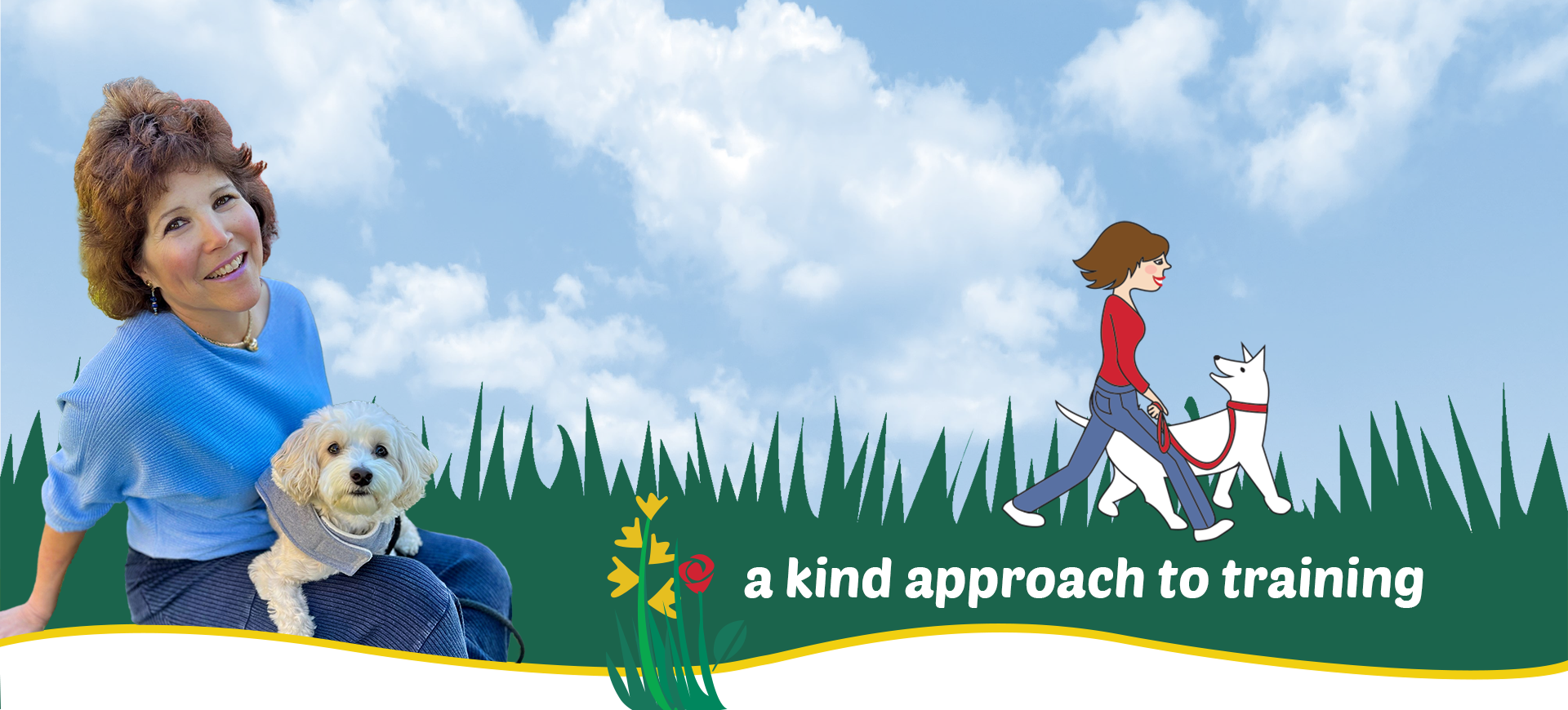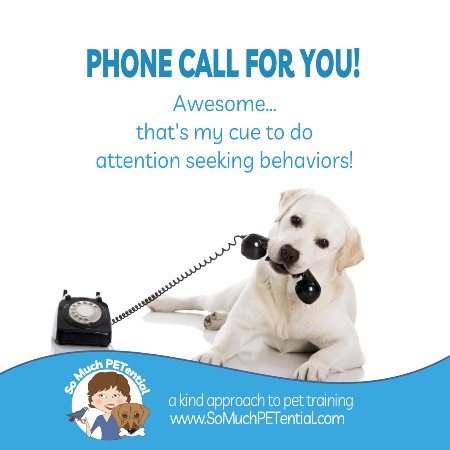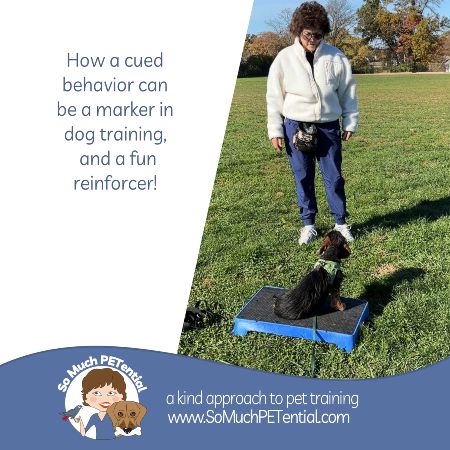What a beautiful time of year. I love so much about spring time, and especially being outdoors in the sunshine. Dogs love being outside in this weather too. A back yard to a dog can be like an amusement park to a child…with all of the wonderful smells, colors and textures; fast moving critters to chase; passers-by who may stop and say hello; oh, and of course, great opportunities to DIG!
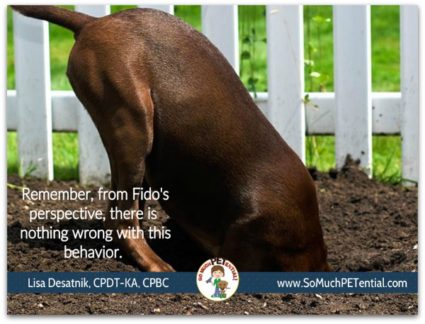 Does your dog love to dig in the backyard? It is a fairly common complaint of dog owners who want their gardens and grass left intact.
Does your dog love to dig in the backyard? It is a fairly common complaint of dog owners who want their gardens and grass left intact.
So, what is a dog caregiver and home owner to do? Well, first of all, you need to understand that to Fido, he really isn’t doing anything wrong. In fact, digging is a perfectly natural activity, especially for terriers. To punish him from digging altogether is just not fair – not to mention all of the negative ramifications that come with that type of behavior stopping. A much better approach is to set your dog up for success by managing the environment so as to prevent the unwanted behavior in the first place while teaching your dog what you would like him to do instead; and ensuring that the incompatible behavior will get him equal or greater value reinforcement than the unwanted ‘digging in inappropriate areas’ behavior.
First things first. Let’s talk about preventing unwanted practice of the behavior or antecedent arrangement. When you are away from home, simply, your dog should be inside. Outside, you may want to protect your garden with a barrier like a fence or chicken wire; and make sure your yard is fenced in. But let’s dig deeper and put our behavior analysis hats on and look at the behavior from your dog’s perspective and the function that behavior serves for your dog.
Ask yourself, “What is going on in my dog’s environment to set that digging behavior in motion?”
You may find yourself answering any number of ways that could include…my dog had access to my garden, my dog was in the hot sun and needed to make a place to cool down, my dog needed to burn off energy, my dog was bored, my dog was anxious being in the yard by himself.
Your answer will more than likely include more than one of these choices – or a choice I hadn’t listed.
Once you see your answers on paper, you can create a behavior modification plan that is enriching for your dog. Think about what skills and activities you can teach your dog to do instead of the behavior you do not want him to do or how you can rearrange your yard so that the option of in appropriate behavior isn’t even available.
Always make sure that you are in the yard with your dog because If you are outside with your eyes on your dog, you can redirect his attention to those activities *before* he begins to dig (before he even walks over to his digging spot).
Antecedent arrangements can include giving your dog lots of opportunities for mental and physical stimulation – lots of exercise. Provide your dog with a cool resting place in the summer and warmth in the winter (with plenty of water). Teach your dog the value of settling down. Teach your dog how to appropriately entertain himself outside by teaching him to become a recreational chewer with great chew toys and other foraging toys. Play with your dog.
Another option is to build a digging pit and teach your dog it is to use it by making it over-the-top fun. If your dog is digging to stay cool, place it in a shaded area. When you are building it, sand for digging is better than soil. You can bury all kinds of neat things in there for your dog to uncover like a cow’s femur, treats, chew toys, or balls.
And remember to have fun with it because if you are having fun, your dog will too.

